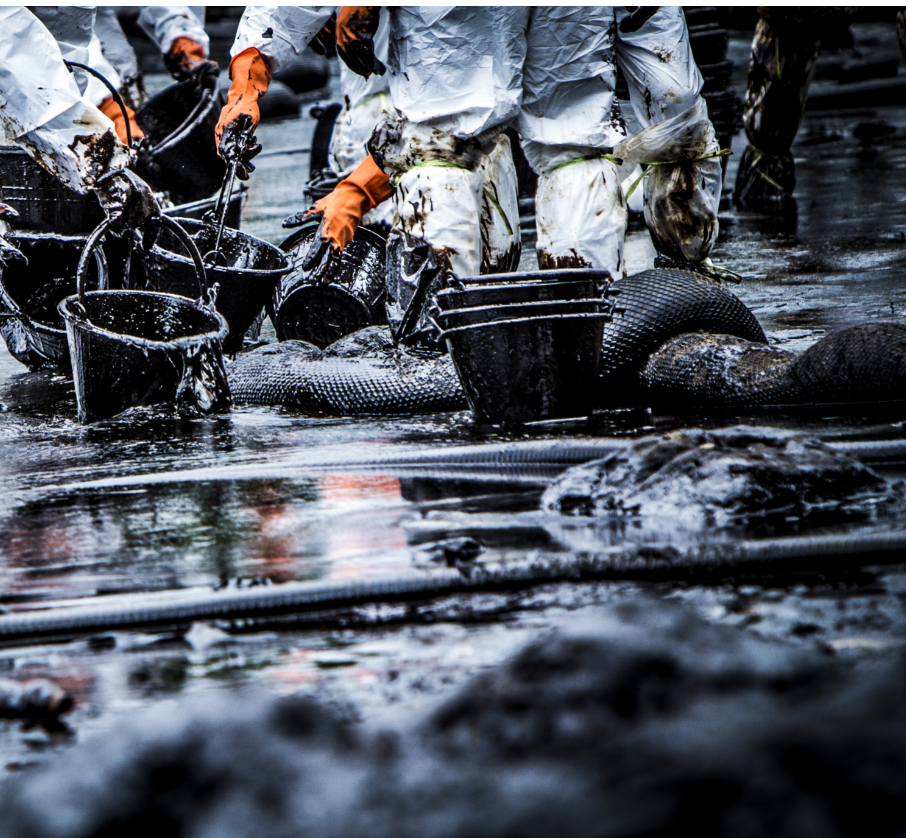Seminar
MARPOL Annex VI: Experts Workshop
The workshop aims to:
- exchange current technical and operational best practices of ship emission monitoring;
- develop a common MARPOL Annex VI monitoring strategy within the Bonn Agreement and initiate the drafting of operational procedures for the organisation of MARPOL Annex VI monitoring in the Bonn Agreement; and
- facilitate the coordination of MARPOL Annex VI monitoring activities in the Bonn Agreement area.
This will be achieved through presentations given by Contracting Parties national experts from legal, operational and technical backgrounds and through discussions in break-out groups.
The Bonn Agreement is a cooperation mechanism established in the Greater North Sea and its Wider Approaches for marine pollution prevention, preparedness and response. The Bonn Ministerial Meeting in 2019 agreed to extend the scope of application of the Agreement with a view to cooperation on surveillance for air emissions from shipping with respect to the requirements of Annex VI to the MARPOL Convention.
Through the Bonn Declaration of 11 October 2019, Contracting Parties reaffirmed their joint commitment to prevent marine pollution affecting air quality by collectively contributing to the additional surveillance for the enforcement of MARPOL Annex VI, taking into consideration the entry into force of the North Sea as a NOx (Nitrogen Oxides) Emission Control Area (NECA) from 2021.
The Bonn Agreement Strategy Action Plan 2019-2025 (BASAP) includes the following tasks to prevent pollution affecting air quality:
- Task 2: Maintain coverage and efficiency of aerial surveillance and analyse strategically surveillance needs, inter alia based on an evaluation of existing data sets of detections of observed oil pollution and other substances;
- Task 3: Consider developing minimum recommendations on surveillance operations in the Bonn Agreement area and outcomes expected (MARPOL VI, Remote Piloted Aircraft Systems);
- Task 10: Strengthen and expand cooperation on the detection and observation of offences in relation to MARPOL Annexes and the contribution to enforcement and liaise with IMO; and
- Task 11: Consider the development of a common technical strategy and operational approach for monitoring compliance for NOx and SOx.
For further information, please contact the Bonn Agreement Secretariat.
Seminar on Maritime Environmental Crimes - Violations of MARPOL Annexes

Download the Programme of Events
The Seminar was held on the 6-7 March 2018 in Scheveningen.
World-wide, the International Maritime Organization (IMO) is responsible for developing various international conventions related to marine transport. Contracting parties of the Bonn Agreement and the OSPAR Convention are signatory to the International Convention for the Prevention of Pollution from Ships (MARPOL). The Convention includes regulations aimed at preventing and minimizing pollution from ships - both accidental pollution and that from routine operations - and currently includes six technical Annexes. Special Areas with strict controls on operational discharges are included in most Annexes.
The Annex II Regulations for the Control of Pollution by Noxious Liquid Substances in Bulk (entered into force 2 October 1983) details the discharge criteria and measures for the control of pollution by noxious liquid substances carried in bulk; the discharge of their residues is allowed only to reception facilities until certain concentrations and conditions (which vary with the category of substances) are complied with.
Annex VI Prevention of Air Pollution from Ships entered into force 19 May 2005 and a revised Annex VI entered into force 1 July 2010. This Annex sets limits on sulphur oxide and nitrogen oxide emissions from ship exhausts and prohibits deliberate emissions of ozone depleting substances; designated emission control areas (ECA) set more stringent standards for SOx, NOx and particulate matter.
The Bonn Agreement as a regional agreement is assisting Contracting Parties in the monitoring of all Annexes under MARPOL. At the Ministerial meeting of the Bonn Agreement in 2010, the Ministers reaffirmed their joint commitment to the prevention of accidental and illegal pollution by collaboration on, and collective contribution to, enforcement of international maritime pollution rules and standards. They recognised that provisions such as the designation of the North Sea as a Special Area under MARPOL Annex I and V and as a SOx Emission Control Area under Annex VI, would not be effective unless properly enforced. The Bonn Agreement and the North Sea Network of Investigators and Prosecutors are working together to ensure enforcement of pollution rules and standards for all relevant MARPOL Annexes. The Seminar will address the technical challenges for evidence to court with technical experts and prosecutors. This seminar is an extension of the seminar, held in Middelburg in April 2015 that addressed the technical capabilities for the detection of substances. In the wider sense also this seminar, to which all EU Member States are invited, is the continuation of the series of seminars held in the nineties with the title: Facilitating Effective Prosecution of Offenders of MARPOL Violoations (FEPO)
The aim is for legal advisors, public prosecutors and technical experts to discuss further steps to make monitoring of different substances in accordance with the MARPOL Annexes possible and to gather evidence required to bring suspected violators to court.
If you have any questions, or would like further information about the Seminar, please contact the Bonn Agreement Secretariat.